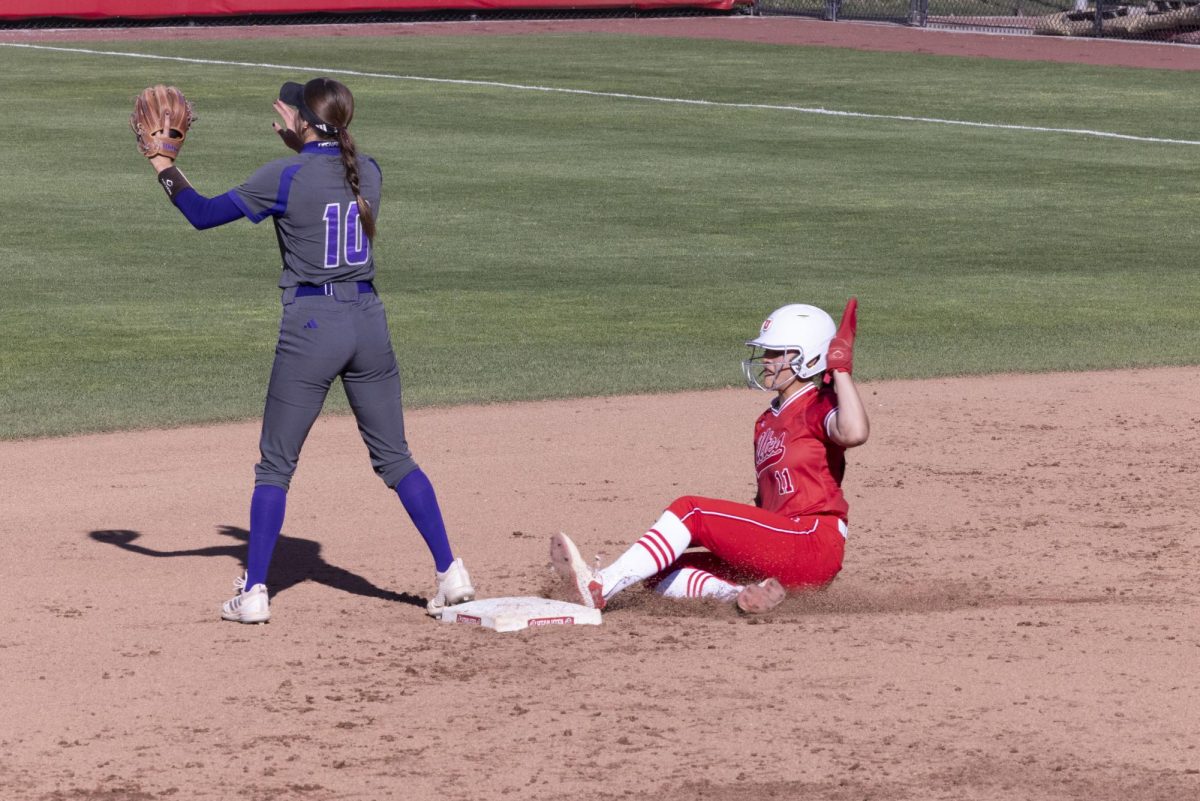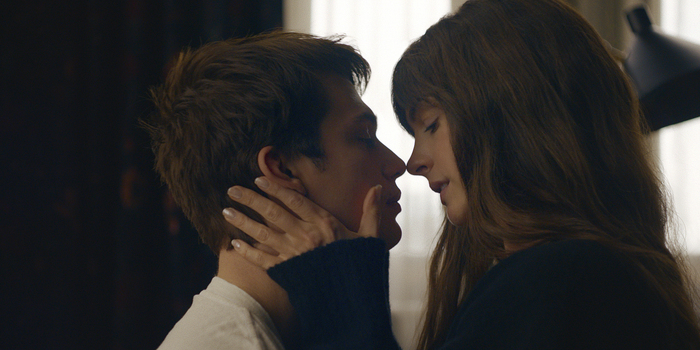At present, the Salt Lake City Council is weighing arguments for and against a proposed ban on cigarette smoking in public parks. As The Salt Lake Tribune recently noted (“Smoking in parks: City council should consider unintended effects,” Oct. 29), council members would be well advised to take this task seriously.
Of course cigarettes are bad news. For those who opt to partake of the habit, the health risks are numerous, widely recognized and often fatal.
In closed quarters, similar risks exist for nonsmokers-secondhand smoke inhalation has been demonstrated to be dangerous indoors, in cars and in other confined spaces. And while there is less evidence to support the conclusion that secondhand smoke is as dangerous out of doors (like, say, in city-owned public parks and golf courses) as it is indoors, the assumption that cigarette smoke sure isn’t helping anyone in public places makes more than just a little sense.
Another way of putting this: The question here is not one of “Is smoking bad for you and others?” The answer to that seems clear: Yes, in various degrees, location being considered.
However, whether or not the city council ought to limit the public spaces where smoking is allowed is another question. There is an issue of autonomy to be weighed here.
Do not misunderstand: As smoking is dangerous not only for the person choosing to smoke, but for others who may be exposed to carcinogens against their will, smokers ought to be considerate and morally accountable enough to keep their peers in mind before they light up. Being exposed to secondhand smoke against one’s will is, similarly, a violation of personal autonomy-as is council-sponsored public space prohibition.
It ought to go without saying (though it most certainly does not) that people should be considerate of others in their actions-what is important to remember, however, is that this point applies to individuals on both ends of the public space/cigarette-smoking debate.
Something not always considered when the smoking ban issue is broached is that the marginalization of smokers has real social detriments.
By pushing a minority of individuals to the outskirts of social acceptability (both figuratively and literally), there is a way in which people are inviting a kind of demoralizing and potentially psychologically harmful ridicule-whether this ridicule is spoken or unspoken. When anyone-a smoker or a nonsmoker-is forced by law to occupy a lesser position (of freedom, privilege, etc.) in a society of theoretical equality, the opportunity for prejudice to manifest itself in other ways is made slightly greater.
And since smokers are, in fact, people, too, the city council would be wise to recognize that there are other, less visible, less invasive and less troubling ways of solving the problem posed by secondhand smoke in public spaces.
Smokers should obviously pay attention to those around them before lighting a cigarette. On the same token, nonsmokers and Salt Lake City Council members should be aware of smokers and their concerns before enacting any prohibitive initiatives.












